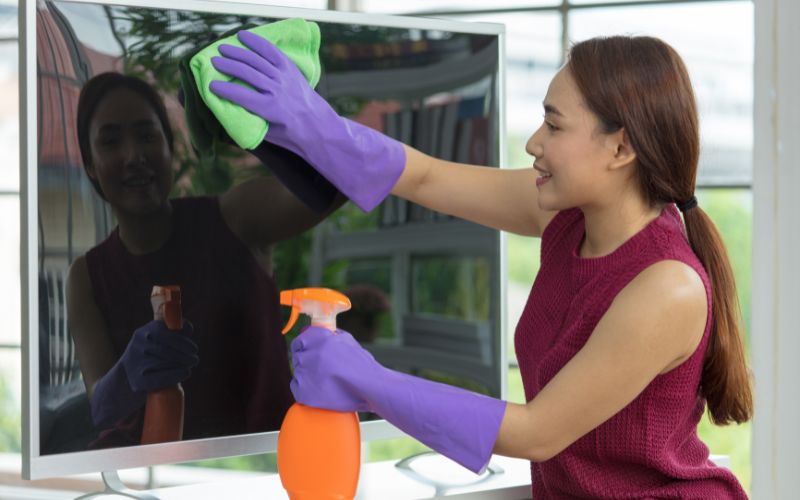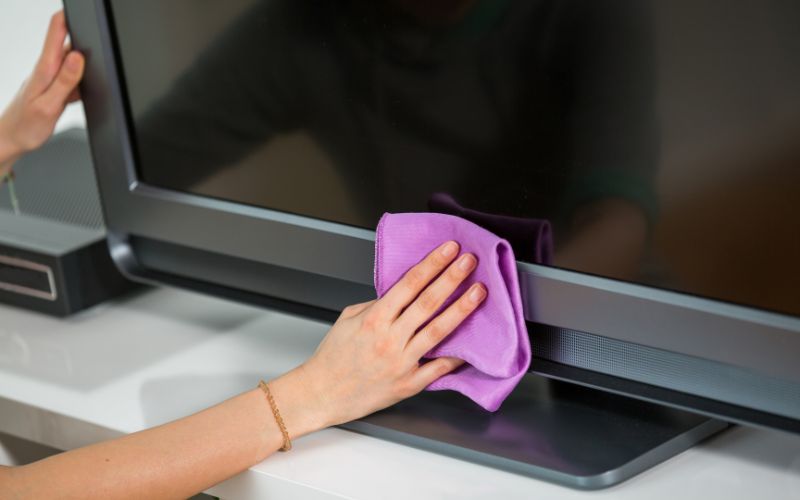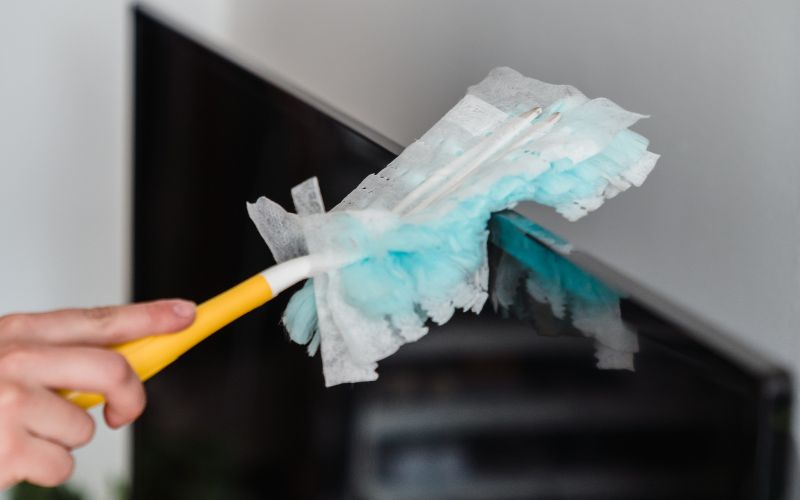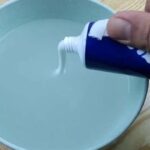It’s important to regularly clean the screens of your electronic devices, especially your TV, to prevent the buildup of dirt and dust over time. Here’s a simple guide on how to effectively clean your TV screen at home.
1. Easy Steps to Clean Your TV Screen
 How to Effectively Clean Your TV Screen
How to Effectively Clean Your TV Screen
Step 1 Gather Your Cleaning Tools
- Opt for a soft microfiber cloth to avoid scratching the screen.
- Use a dedicated screen cleaning solution, which can be purchased from electronics stores.
- A spray bottle will help you apply the cleaning solution evenly and control the amount dispensed.
Step 2 Power Down and Let the Screen Cool
Before initiating the cleaning process, turn off your TV and give the screen some time to cool down. This makes it easier to identify any dust or dirt on the screen and also ensures your safety by preventing electrical accidents.
Step 3 Gently Wipe the Screen
Use the soft cloth to carefully wipe the screen, ensuring you apply gentle pressure to avoid any scratching, cracking, or discoloration of the screen.
Step 4 Clean the TV’s Frame
The TV’s hard plastic frame can be cleaned using a small microfiber cloth or a dusting cloth dampened with the cleaning solution. This will remove any dust or dirt that has accumulated on the frame.
2. Important Considerations During Cleaning
 Key Things to Note When Cleaning Your TV Screen
Key Things to Note When Cleaning Your TV Screen
– Avoid spraying or pouring cleaning solution directly onto the screen as this may cause irreversible damage.
– After cleaning with a solution, don’t let the screen air dry as streaks may form. Instead, gently wipe it dry with your microfiber cloth.
– Refrain from using cleaning solutions containing ammonia, ethyl alcohol, acetone, or ethyl chloride as these chemicals can damage or discolor the screen.
– There are alternative cleaning solutions available specifically for screens, so opt for those if you’re unsure.
3. Common Pitfalls to Avoid
 Mistakes to Steer Clear Of
Mistakes to Steer Clear Of
– Don’t spray water directly onto the screen. Always apply the cleaning solution to your cloth first and then wipe the screen.
– Be gentle and avoid applying excessive pressure when cleaning to prevent scratches.
– For stubborn stains, use a gentle, circular motion to work the cleaning solution into the stain and then wipe it away.
– Always ensure the power is off before cleaning to mitigate any safety risks.
Now you’re equipped with the knowledge to keep your TV screen pristine! These tips will help you maintain a spotless screen and enhance your viewing experience.
The Ultimate Hack for the Perfect Offal Stew: A Crunchy, Tasty Treat
“Are you ready to take your taste buds on an adventure? We’ve got the ultimate guide to creating a delicious dish that’s sure to impress. With our expert tips and tricks, you’ll be able to whip up a mouth-watering masterpiece that will have your family and friends begging for more. So, get ready to roll up your sleeves and dive into the wonderful world of culinary delights! It’s time to elevate your cooking game and become the ultimate foodie destination.”
“The Magic of Rice Water and Toothpaste: Unveiling a Revolutionary Beauty Hack”
“A sparkling clean toilet is just a few sprays away! Simply combine rice water and toothpaste, and spritz this powerful duo onto your toilet bowl. Give it a good scrub, and voila! You’ll be left with a fresh and gleaming throne fit for royalty. Say goodbye to harsh chemicals and embrace the natural cleaning power of this dynamic duo.”



































